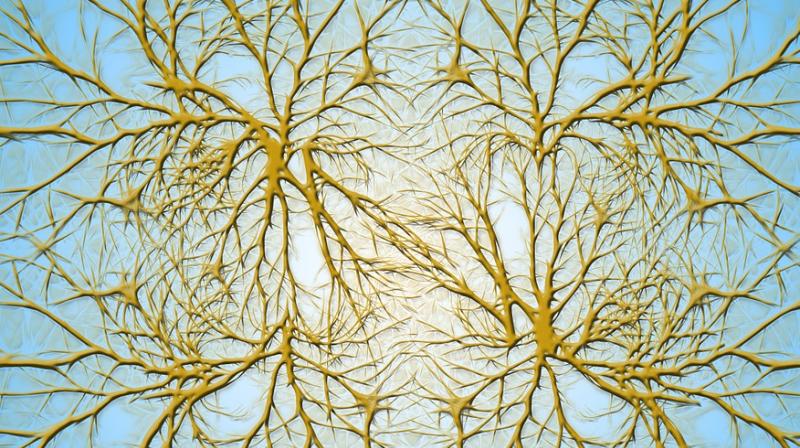Alzheimer's breakthrough: Scientists discover way to destroy cause of the disease

In a huge breakthrough, scientists have found a way to target and destroy the cause of Alzheimer's disease, the Daily Mail reported.
They have discovered a way to target toxic particles that destroy healthy brain cells.
Researchers from Cambridge University (UK) and Lund University in Sweden say their findings could lead to drugs that could be in clinical trial within a few years.
Previous clinical trials have failed in finding drugs prevent the progression of the disease. Professor Michele Vendruscolo, of Cambridge, told the Daily Mail: "The trials that have succeeded have given us a handful of drugs, but these drugs can only treat the symptoms of Alzheimer's disease, not its onset and progression.
"As the pathogens have now been identified as small clumps of proteins known as oligomers, we have been able to develop a strategy to aim drugs at these toxic particles.
"This approach enables a new drug discovery strategy.
"This is the first time that a systematic method to go after the pathogens, the cause of Alzheimer's disease, has been proposed."
Alzheimer's disease results in the death of nerve cells and tissue loss all over the brain. Over a period of time, the brain shrinks and the destruction of cells leads to memory loss, changes in personality and issues with attempting to do routine tasks.
"This interdisciplinary study shows that it is possible not just to find compounds that target the toxic oligomers that give rise to neurodegenerative disorders but also to increase their potency in a rational manner," Professor Sir Christopher Dobson, Master of St John's College, University of Cambridge, at the Centre for Misfolding Diseases (CMD) told the Daily Mail.
Adding, " It now makes it possible to design molecules that have specific effects on the various stages of disorders such as Alzheimer's disease, and hopefully to convert them into drugs that can be used in a clinical environment."
Their findings were originally published in Proceedings of the National Academy of Sciences (PNAS).

